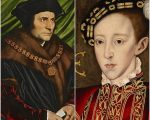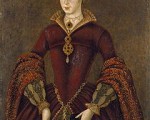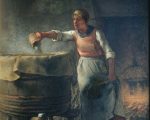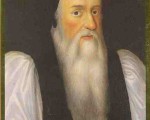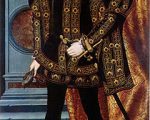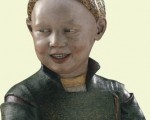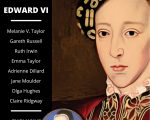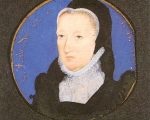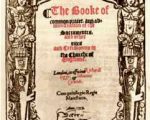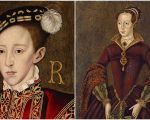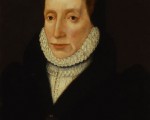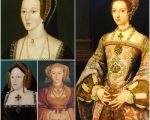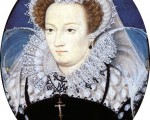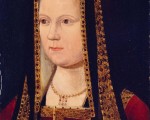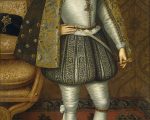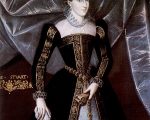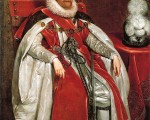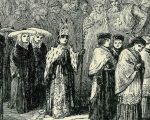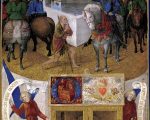19th June 2016 marks the 450th birthday of King James I and VI of England and Scotland. Unification between the two countries, though at times strained, was brought about by James ascending the throne of England in 1603. The unification was the result of one hundred years of Tudor politics.
Back in 1503, Henry VII arranged for his eldest daughter, Margaret Tudor, to marry James IV of Scotland. Margaret during the course of the marriage gave birth to the future James V in 1512. Fighting between Scotland and England resumed. In 1523, Henry VIII attempted to unite the thrones of Scotland and England by offering his daughter, Princess Mary, as a bride for James V. This proposal was rejected. Moving forward several years, James V married the French Mary of Guise in 1538. Henry VIII had lost his third wife in October 1537 and was seeking a new bride. James V beat his uncle, Henry VIII, who was also trying to marry Mary of Guise. In 1541, James V’s mother and Henry VIII’s sister, Margaret Tudor, passed away; this effectively ended the nearly thirty-year truce between Scotland and England. A war broke out, which saw the death of James V due to illness and depression of the current state of war in December 1542.
[Read More...]
